When the Ford F-150 Lightning launched for the 2022 model year, it did so with a variety of interesting and useful features – perhaps none more so than Intelligent Backup Power, which enables the EV pickup to power entire homes for days at a time, and even longer when paired with solar power. It’s something of a supercharged version of the Pro Power Onboard feature present in ICE F-150 models, but soon, it seems as if this same sort of feature will also be available in a much more affordable Ford EV pickup.
“It will have amazing range. It can power your house for six days. You don’t need a generator, you just buy this truck,” Ford CEO Jim Farley said of the forthcoming, low-cost, mid-size Ford EV pickup when speaking at the company’s universal EV platform reveal earlier this week. It’s an interesting revelation indeed, especially given the fact that Ford is targeting a $30k starting price for the new all-electric hauler. It’s unclear if that particular capability will come as standard equipment or an option – one that also may require additional equipment or subscriptions to take advantage of, however.
As Ford Authority recently reported, the LFP battery set to land in the Ford EV pickup will reportedly offer up 51 kWh of usable energy, which is quite tiny when compared to most EVs on the market today. LFP batteries are less prone to fire risk, cheaper to produce, and able to be charged to 100 percent without degradation worries, though also less energy dense. However, it may also be offered with nickel manganese cobalt (NMC) batteries as well.
Otherwise, we know that this future Ford EV pickup will be offered exclusively in four-door guise, while owners will be able lock their gear in the bed without the need for a roof rack or trailer hitch racks. It’s expected to be closer in size to the Ford Maverick than the Ford Ranger, and the new model will reportedly be as quick as a Mustang EcoBoost, with more room inside than a Toyota RAV4. It will be produced at the Louisville Assembly plant with a launch date of 2027 and a potential max annual capacity of 190,000 units. The new EV pickup could also wear the Ranchero name, based on a recent trademark filing in the U.S.


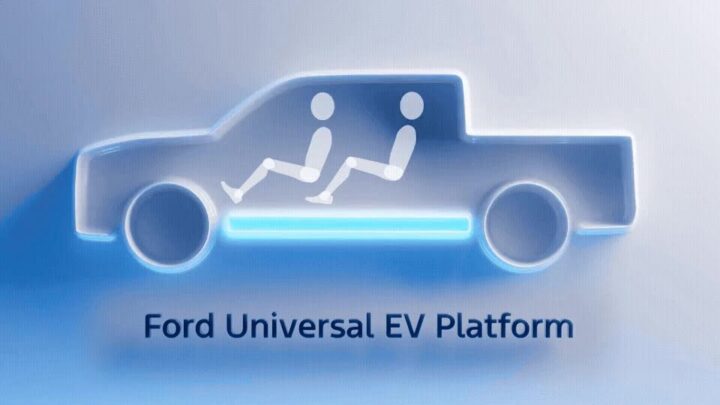
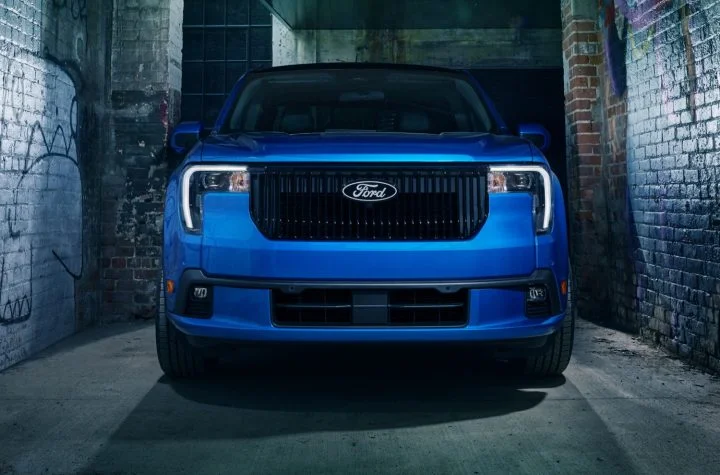
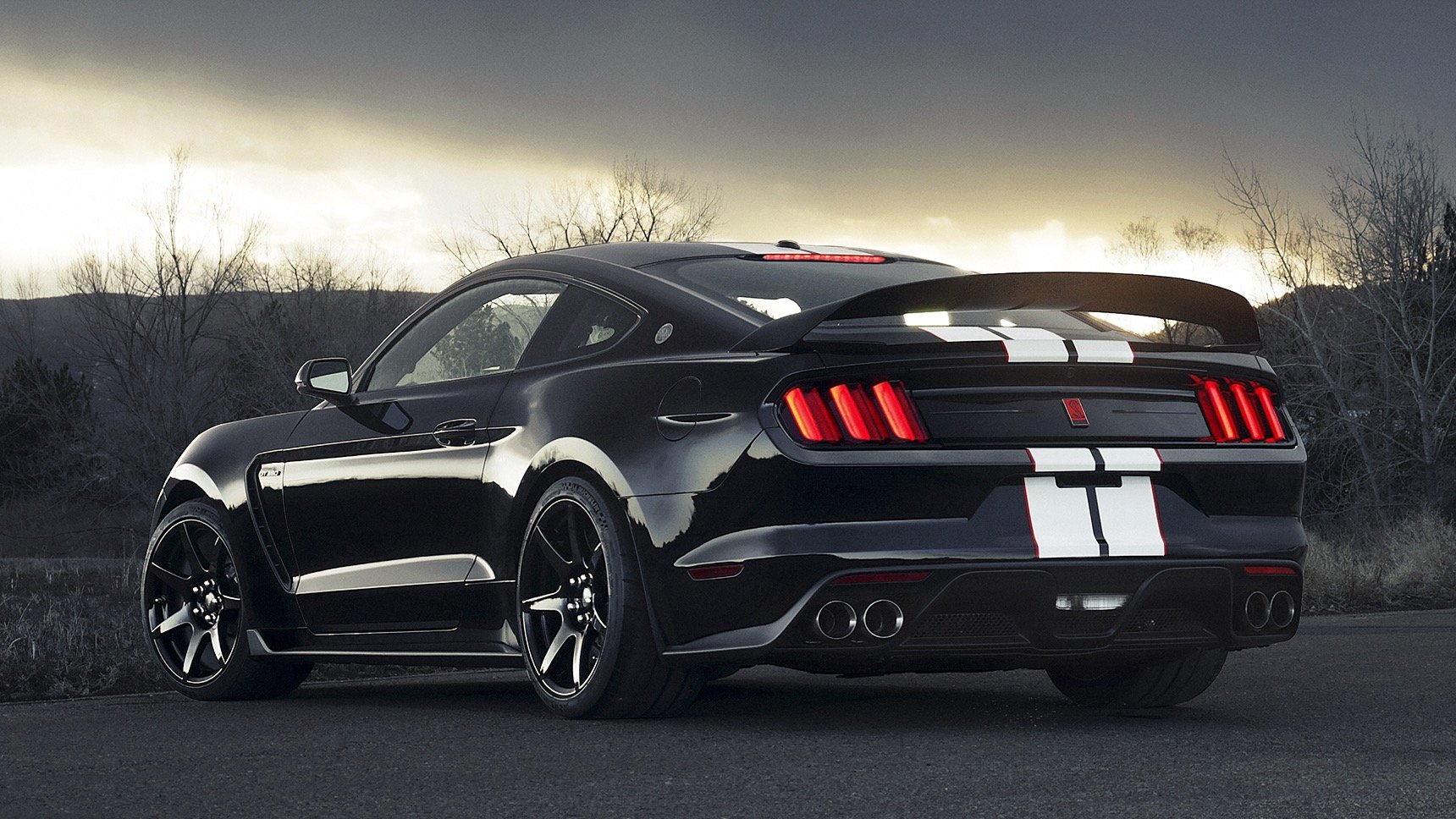
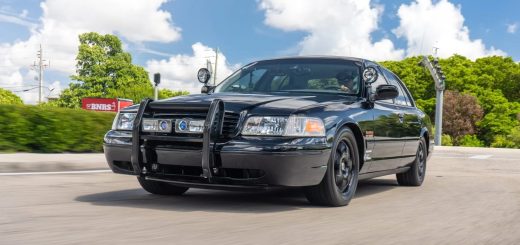
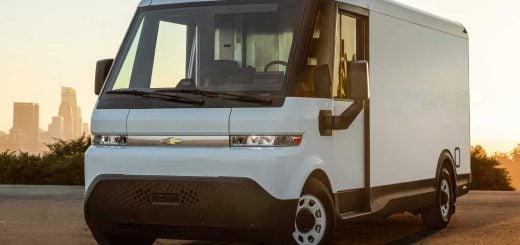


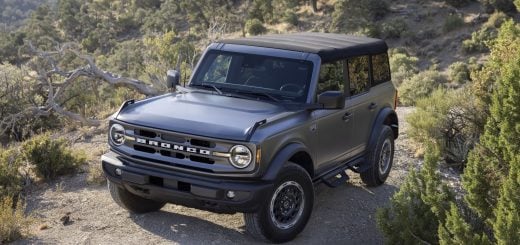
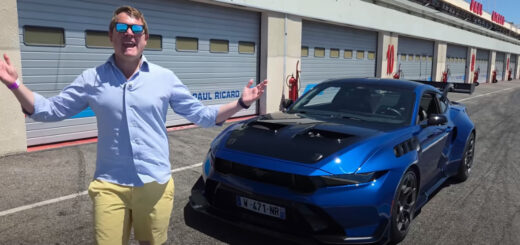

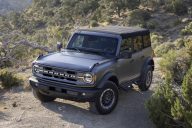

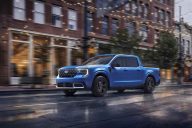


Comments
It’s still not clear to me who the target audience is for this thing. The low range and pickup configuration is not suited for families. The inability to tow is not suitable for heavy duty users. Maybe small business fleets?
Bring back the old Ford Ranger with a naturally aspirated 2.3L with DI and manual transmission or 6 speed auto. Make it low cost and it will sell like crazy. The current Ranger was not designs for NA but for overseas and a chassis and frame for an I5 turbo diesel, this the big size compared to old Ranger.
Who in hell cares about their vehicle powering their house? 51kwh is not going to power a house for very long, especially in the summer with AC running! A generator can actually make electricity, a battery either stores or drains electricity. Farley has lost his mind!
Perhaps he was referring to a doll house 😅
I do. Have had a Lightning for 3 years, have lost power several times. With a disabled wife we need heat, lights, food, etc…. With my own heavy drop cords, I can run: furnace fan (gas heats then), refrigerator, deep freezer, several lights, microwave, air fryer, and TV. Last time we lost power in deep winter for 7 hours. We were comfortable, no issues, and I only used 3% of my battery!! By my calculations, we could have been comfy for many days on our fully charged truck.
Ford: Racing ahead in the wrong direction
You are still going to want home batteries for when the truck isn’t there if you really want to replace a generator. What the truck will do is increase that battery capacity at a good $/kWh price. If the outage is an extended one, you can drive to a public charger to “refill” so you don’t go totally dark.
It concerns that a small low KWh battery can power a house, if Fomoco is planning use a small battery for their cars.
A small battery means that Ford would need really efficient motors to get high range.
It’s sounds like a tough goal to get. If they do, then that is wonderful.